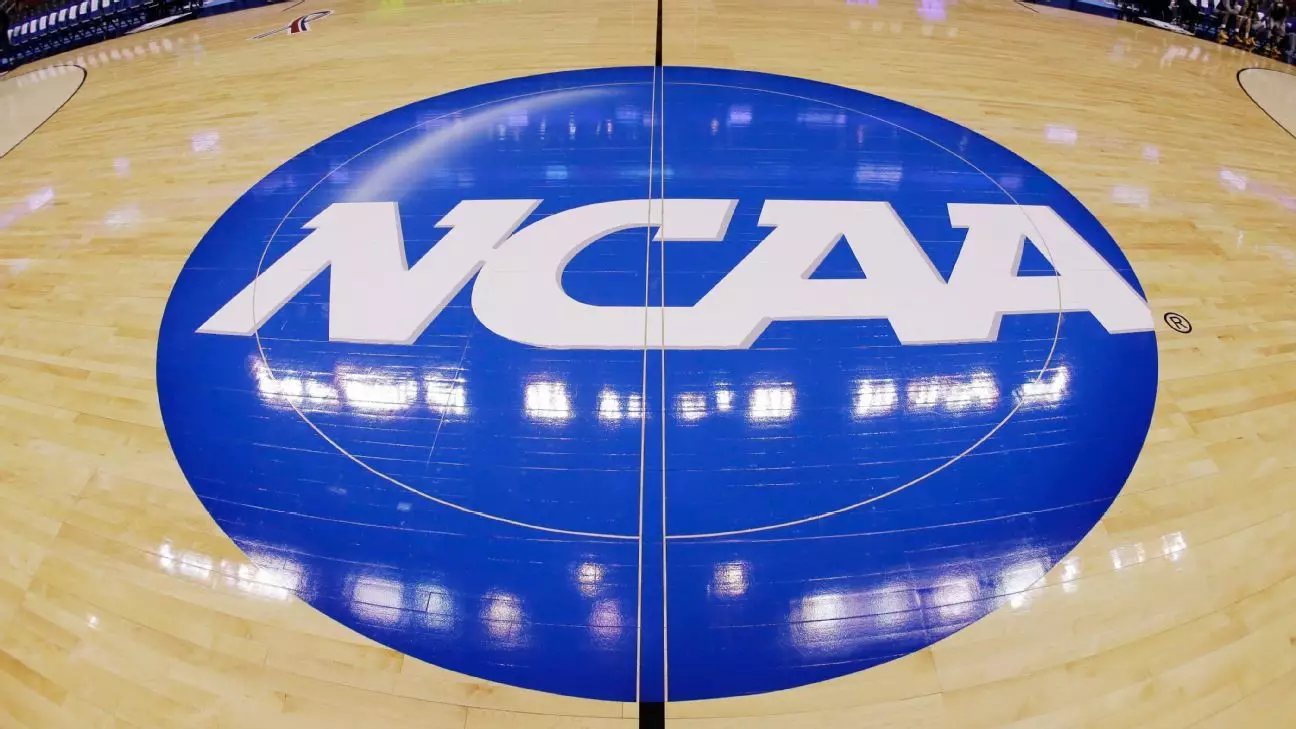In a landmark legal maneuver, Judge Claudia Wilken has brought to light the precarious balance between reform and the welfare of student-athletes within the NCAA framework. Her rejection of the NCAA’s proposed multibillion-dollar antitrust settlement, tied intricately to roster limit policies, sends a powerful message. It showcases a glaring paradox within college sports: the entity designed to oversee and protect student-athletes seems increasingly willing to prioritize institutional stability over individual rights and needs. The idea that roster limits could displace current athletes is not just a minor inconvenience; it is a tragic flaw in a reform that should be framed as liberating rather than punitive.
The NCAA’s ambitions have met a crucial obstacle. The judge has identified that unless the proposed policies undergo significant revision, many athletes may find themselves unwitting casualties of a system supposedly meant for their benefit. When systemic reforms threaten to uproot the lives and careers of current players, it raises fundamental questions about the priorities of college athletics and the integrity of its governance.
A Detrimental Ripple Effect
The consequences of this proposed settlement extend far beyond the individual contracts and financial arrangements. Under the current NCAA rules, the introduction of roster limits could spell disaster for thousands of athletes already participating in Division I programs. These limits could lead to even fewer chances for fair competition and resource allocation. The NCAA’s cavalier approach to roster management is a stark reminder that the stakes in college sports are growing ever higher, yet the athletes continue to find themselves on the losing end of the deal.
Current rosters are often a mix of incoming talent and existing players. The sudden enforcement of limits creates not just confusion but an environment of fear and insecurity. For every athlete who gets a scholarship, there are untold stories of those who might find themselves cut. The emotional toll on students hoping to realize their athletic dreams cannot be underestimated; these roster limits aren’t just numbers on a spreadsheet—they represent the lives and aspirations of young individuals, many of whom may have sacrificed significantly in pursuit of their goals.
The NCAA’s Dismissive Logic
One of the most troubling elements of the NCAA’s argument against adjusting the roster rules is their perception that any fallout is merely a byproduct of change. As the judge astutely pointed out, the potential harm inflicted on current athletes is a consequence of choices made by the NCAA itself and its member institutions. This tone-deaf response is emblematic of a larger issue: a systemic disregard for the personal implications of institutional policies. Sure, the NCAA is orchestrating a shift that could benefit some players, but not at the cost of others’ futures. The organization’s willingness to sweep such concerns under the rug is breathtakingly cynical.
The recent wave of athletes entering the NCAA transfer portal reflects the chaos this system has unleashed. Students, fearing displacement and realizing their options have shrunk due to unclear policies and impending changes, are scrambling for safety as if a potential catastrophe is looming. In this rapidly shifting landscape, they are not just seeking better opportunities; they are seeking stability and assurance that their hard work will not unravel in an instant.
A Call for Ethical Standing
It is high time for the NCAA to listen and adapt. The conversation surrounding college sports cannot be solely about monetary gain or the institution’s reputation; it must center on the athletes whose futures are at stake. The proposed settlement should include deeper provisions to “grandfather in” current athletes, ensuring that they retain opportunities that would otherwise be taken from them.
The outcry from objectors and aspiring athletes alike emphasizes an essential truth: reforms can be transformative without being cruel. This is an opportunity for the NCAA to lead by example, showing that it can balance financial realities with ethical considerations. The case for reform is strong, but not at the expense of those who invest significantly in their college athletic journeys.
As the NCAA grapples with the fallout of this decision, all eyes will be watching to see if they choose profit and numbers over principles and individuals. The responsibility lies not just in the hands of judges or lawyers but within the moral framework of collegiate sports itself: to uphold a system that supports, rather than undermines, the very athletes it claims to support.



Leave a Reply